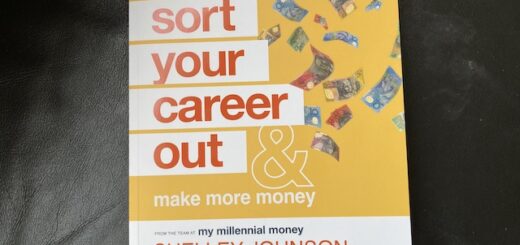What Is Hindsight Bias And How To Avoid It
Decision making, and especially financial decision making, often requires a lot of mental energy due to the often complex decisions we face. Hindsight bias is a cognitive bias that can affect our thought process leading to poor decisions.
What is hindsight bias
Hindsight bias, also known as knew-it-all-along effect, happens when our past views about future events change after the events happen.
Let me demonstrate.
A study done in 1993 looked at political predictions people make. The researchers asked students to predict how a U.S. Senate vote to confirm a Supreme Court nominee would go.
Before the vote 58% predicted confirmation. After the vote the students were asked again what they had thought before the vote. Now 78% said they had thought that the nominee would be confirmed.
This happens when new information relating to a past experience changes how we remember our own thoughts surrounding it.
Psychological scientists Neal Roese and Kathleen Vohs believe there are three levels where this can happen: memory distortion (we misremember our past judgement and opinion), inevitability (we believe what happened was inevitable) and foreseeability (we believe we could have foreseen what happened).
Hindsight bias is important to understand because it can make us overconfident, believing you could have foreseen something that you really couldn’t.

How to avoid it
There are a couple of tactics to avoid hindsight bias.
One way is to consider other possible outcomes. How they could have occurred and what they would have needed to occur?
You don’t need to try to think of all the possibilities just a few to remind you how easy it is that things would go the other way and how unpredictable life is.
Another tactic is to keep a decision journal, with notes on what you are predicting to happen.
This will keep you accountable and from forgetting your previous predictions, so you won’t take credit where it isn’t due.

Hindsight bias in personal finance
Hindsight bias is common in personal finance because a lot of financial decisions are based on expectations for the future.
This is true especially when it comes to investment decisions. We might have considered investing in a new company but for some reason not followed through. Then in the event that the company doesn’t perform well, we take it from a “we knew it all along” perspective, that the reason we didn’t invest was because we knew it wouldn’t do well.
This might boost our ego and make us think we know better, leading to overconfidence.
Overconfidence on the other hand can lead into poor investment decisions and taking bigger risks with our money, especially if we just believe that our gut instinct is all we need.
Keeping an investment journal might be useful from this point of view. Recording the investment decisions you make and the reasons and predictions behind them can help you see that sometimes we get things right, and sometimes we don’t.
You can read more about hindsight bias here.
And you can find my other behavioural finance posts here. Reading about different biases and heuristics are great for self-reflection!
Have you, or anyone you know, experienced hindsight bias?







